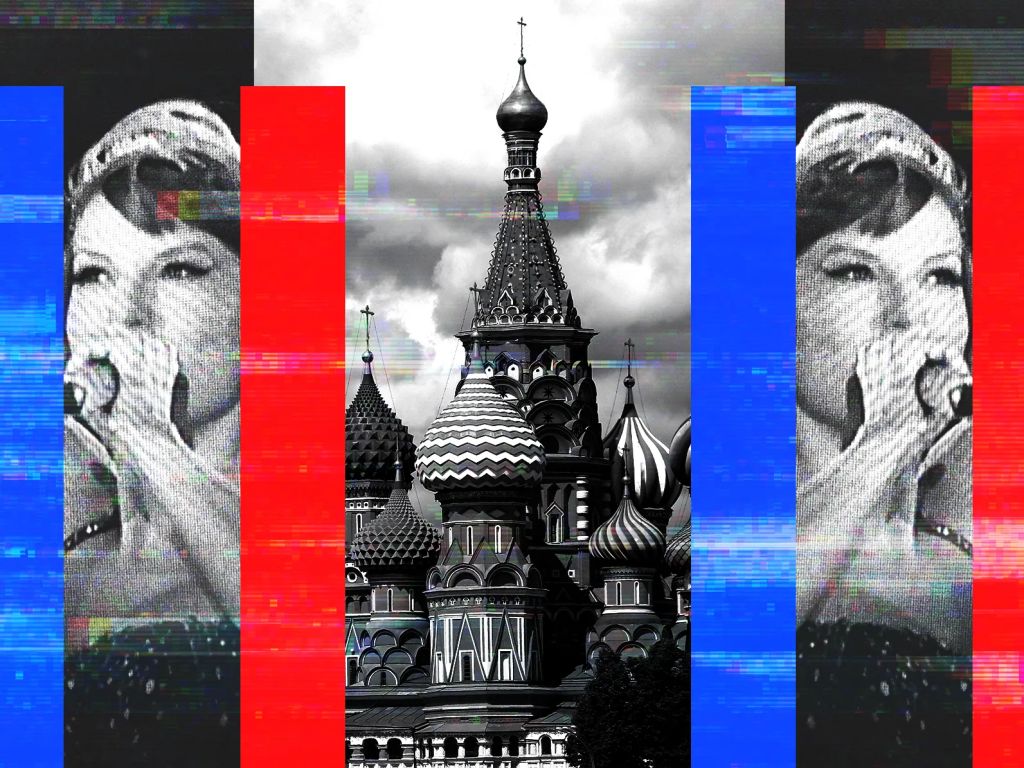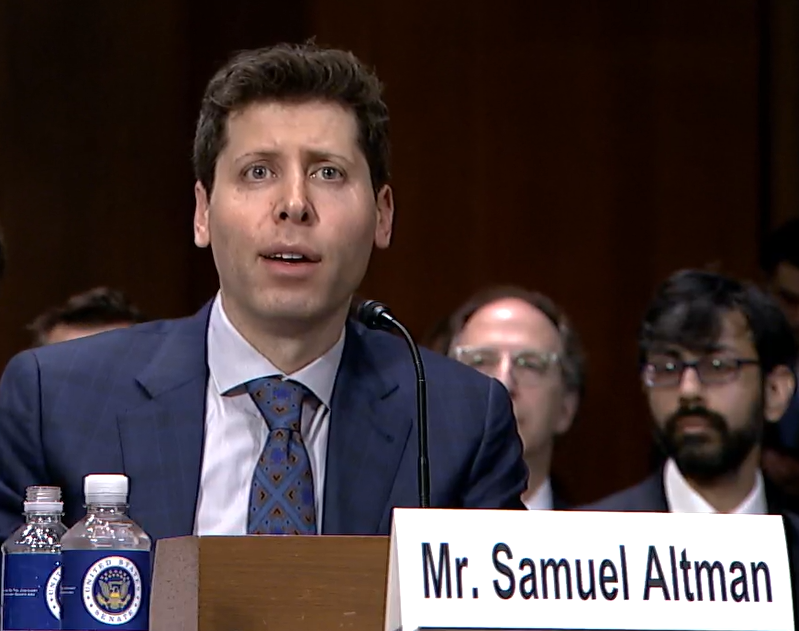Russian Propagandists Exploiting Cameo Celebrity Videos to Spread Misinformation
Russian Propagandists Exploiting Cameo Celebrity Videos to Spread Misinformation
Russian propagandists have been using a new tactic to spread misinformation by exploiting cameo celebrity videos. This method involves paying for personalized video messages from celebrities through the Cameo app, and then using these videos to disseminate false information and propaganda.
By leveraging the credibility and popularity of celebrities, these propagandists are able to reach a wider audience and lend an air of legitimacy to their deceptive messages. This insidious strategy poses a significant threat to the spread of accurate information and the fight against disinformation.

In recent months, cybersecurity researchers at Microsoft have uncovered a disturbing trend in the world of disinformation campaigns. Russian propagandists have been leveraging popular celebrity video platform, Cameo, to disseminate manipulated videos in support of their misinformation efforts. These deceptively edited videos, featuring American celebrities such as actor Elijah Wood and boxer Mike Tyson, were circulated on pro-Russia social media channels, aiming to push anti-Ukraine propaganda. Microsoft’s Threat Analysis Center has published a report shedding light on this concerning development.
The Exploitation of Cameo Videos
According to the Microsoft report, an unidentified Russia-aligned influence actor has been utilizing Cameo to obtain videos of celebrities, which are then edited in ways that appear to attack Ukrainian President Volodymyr Zelensky. These short video messages, often portraying celebrities pleading with ‘Vladimir’ to seek help for substance abuse, are manipulated by the unknown actor to include emojis and links. The videos were widely shared by pro-Russian social media accounts and subsequently amplified by state-backed Russian media outlets, falsely portraying them as direct appeals to President Zelensky.
Since late July 2023, at least seven of these manipulated celebrity videos have been observed by Microsoft researchers. Alongside Elijah Wood and Mike Tyson, other US celebrities such as Priscilla Presley, Dean Norris, Kate Flannery, and John McGinley have also been featured in these deceptive videos. It is important to note that the celebrities themselves were apparently unaware that their videos were being exploited for malicious purposes.

The Nature of the Manipulated Videos
The videos were strategically edited to give the impression that they were interviews with news outlets or originated from the celebrities’ own social media accounts. Additionally, the videos were part of a broader campaign to implore President Zelensky to seek help for a purported substance abuse issue. This campaign aligns with the long-standing false claim promoted by Kremlin officials and Russian state-sponsored propaganda that President Zelensky struggles with substance abuse. However, the use of Cameo celebrity videos marks a novel approach by pro-Russia actors in their efforts to shape the online information space.
The use of cameo celebrity videos to spread misinformation highlights the evolving nature of propaganda and the need for increased vigilance in combating deceptive tactics. As technology continues to advance, it is crucial for platforms and users alike to remain vigilant and discerning in order to prevent the manipulation of trusted sources for nefarious purposes.
This troubling development serves as a stark reminder of the ongoing battle against misinformation and the importance of critical thinking in the digital age. It also underscores the need for continued efforts to promote media literacy and responsible information sharing in order to safeguard against the insidious spread of propaganda.
Cameo’s Response and Measures

In response to these revelations, a Cameo spokesperson stated that the company does not publicly comment on the details of its Trust & Safety investigations. However, they emphasized that videos of this nature would violate Cameo’s Community Guidelines. When such violations are substantiated, Cameo typically takes steps to remove the problematic content and suspend the purchaser’s account, aiming to prevent further issues. It is crucial for platforms like Cameo to remain vigilant in identifying and addressing potential misuse of their services for disinformation campaigns.
Implications and the Need for Awareness
The exploitation of Cameo celebrity videos for propaganda purposes highlights the evolving tactics employed by malicious actors in spreading misinformation. It underscores the importance of media literacy and critical thinking in navigating the online landscape. Individuals must be cautious when consuming and sharing content, especially when it involves public figures and potential political motives. By staying informed and verifying the authenticity of information, we can mitigate the impact of disinformation campaigns.
The emergence of this particular method of manipulation also highlights the need for continued efforts by technology companies, cybersecurity experts, and governments to combat disinformation. Collaboration between these stakeholders is crucial in developing effective strategies and countermeasures to safeguard the integrity of online platforms and protect individuals from falling victim to deceptive content.
Conclusion
The exploitation of Cameo celebrity videos by Russian propagandists to spread misinformation is a concerning development in the realm of disinformation campaigns. By manipulating videos featuring American celebrities, these actors aim to push anti-Ukraine propaganda and distort the public’s perception of Ukrainian President Volodymyr Zelensky. The use of Cameo videos in this manner represents a novel approach, highlighting the evolving tactics employed by malicious actors to shape the online information space. It is essential for platforms like Cameo to remain vigilant in detecting and addressing such misuse. Additionally, individuals must exercise media literacy and critical thinking skills to navigate the online landscape responsibly. By fostering awareness and collaboration, we can work towards minimizing the impact of disinformation campaigns and safeguarding the integrity of online platforms.




